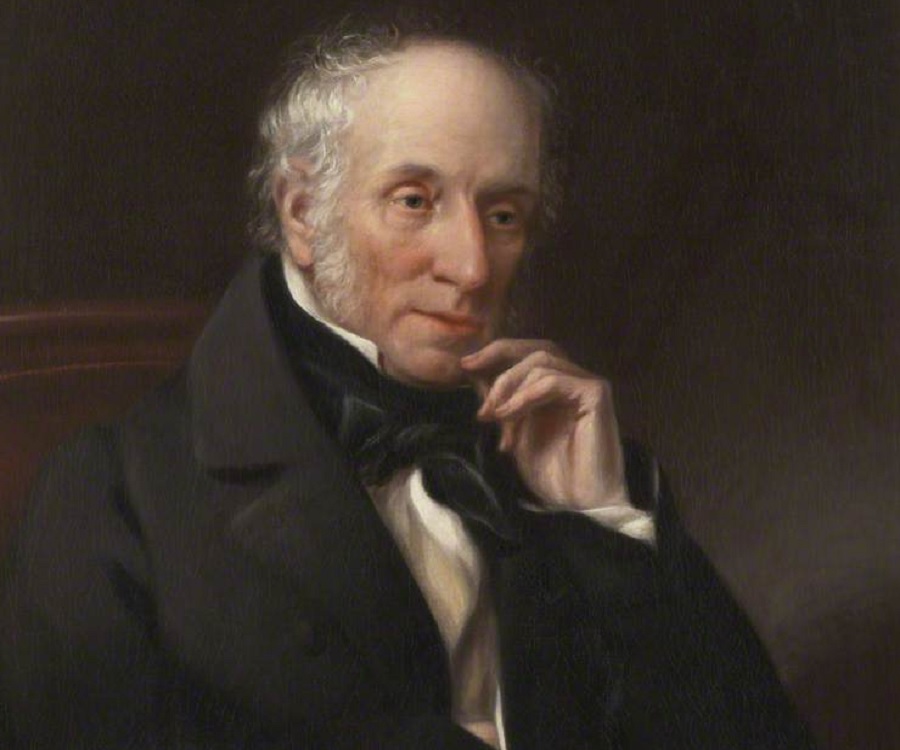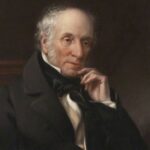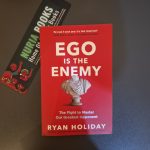William Wordsworth (7 April 1770 – 23 April 1850) was an English poet who is credited with ushering the age of Romanticism in English Literature.
Romanticism is described as an artistic, literary, musical and intellectual movement that originated in Europe towards the end of the 18th century which was characterised by its emphasis on emotion and individualism as well as glorification of all the past and nature, preferring the medieval rather than the classical.
Wordsworth wrote a couple of great poems some of which are very deep in meaning and enthralled me to their flirting with metaphysical.
Wordsworth is said to have worked with another poet Samuel Taylor Coleridge, together they wrote Lyrical Ballads (1798).
Wordsworth works
Apart from the poetry book Lyrical Ballads (1798) which was last published in 1805. Between 1795–1797, Wordsworth wrote his only play, The Borderers, a verse tragedy set during the reign of King Henry III of England, when Englishmen in the North Country came into conflict with Scottish border reivers.
Between 1798 and 1799, Wordsworth began work on the autobiographical piece that was later titled The Prelude. He wrote a number of other famous poems including “The Lucy poems“. He completed the works on The Prelude but refused to publish it because it was part of a larger autobiographical work known as Recluse.
William Wordsworth remembered as a poet of spiritual and epistemological speculation, a poet concerned with the human relationship to nature and a fierce advocate of using the vocabulary and speech patterns of common people in poetry. – Poetry Foundation dot org
Wikipedia writes about it thus:
In 1814 Wordsworth published The Excursion as the second part of the three-part work The Recluse, even though he had not completed the first part or the third part, and never did. He did, however, write a poetic Prospectus to The Recluse in which he laid out the structure and intention of the whole work. The Prospectus contains some of Wordsworth’s most famous lines on the relation between the human mind and nature:
… my voice proclaims
How exquisitely the individual Mind
(And the progressive powers perhaps no less
Of the whole species) to the external World
Is fitted:—and how exquisitely, too—
Theme this but little heard of among Men,
The external World is fitted to the Mind;
And the creation (by no lower name
Can it be called) which they with blended might
Accomplish …[23]
My encounter
Although there are other major works, amounting to around 12 books; I have only encountered Wordsworth in brief. Mostly through beautifully crafted rhetorical speeches or through short verses shared in study.
Being a lover of poetry, my first encounter with the works of William Wordsworth was though Microsoft Encarta, where I came across “Ode on Intimations of Immortality from Recollections of Early Childhood“, which forever whetted my appetite for more of his works.
However, though one might find an aspect of a whole thing pulling them towards the whole; the whole might not be the answer to their curiosity, maybe only the one aspect as the best. These sums up my liking for William Wordsworth, and it was not the whole of the poem, only this part:
Our birth is but a sleep and a forgetting;
The Soul that rises with us, our life’s Star,
Hath had elsewhere its setting
And cometh from afar;
Not in entire forgetfulness,
And not in utter nakedness,
But trailing clouds of glory do we come
From God, who is our home:
Then later I heard the beautiful American rhetoric speech of former US President Barack Obama while eulogising Edward M. Kennedy where he stated some lines from the character of the happy warrior,




